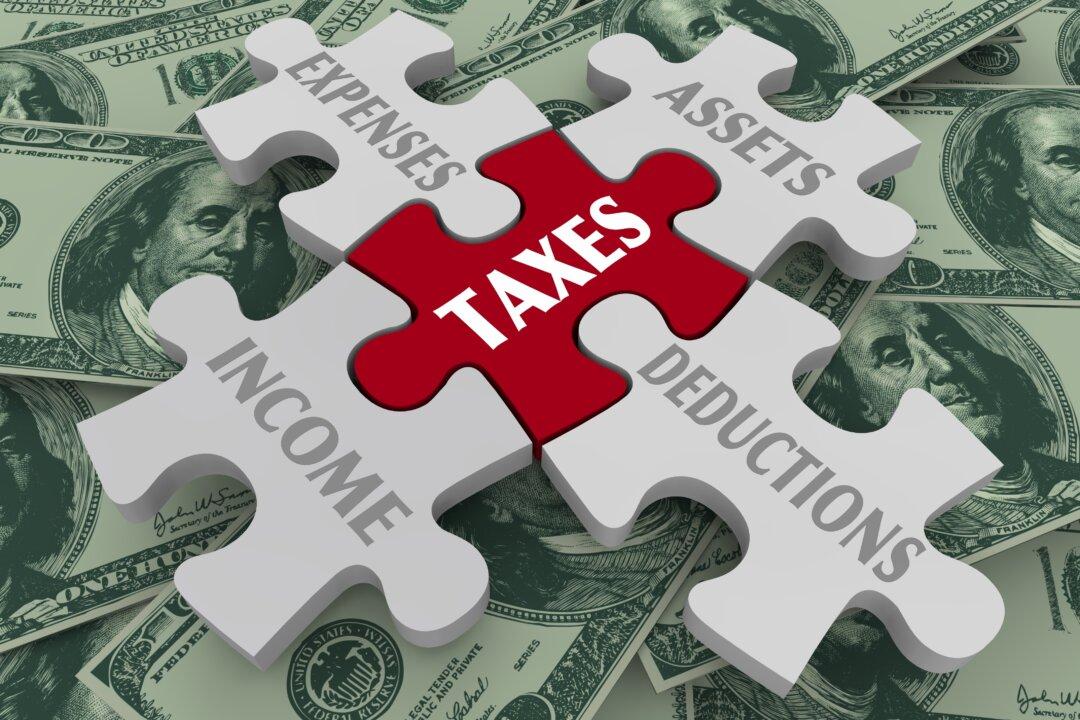New or used? Dealer or online? Buy or lease? Loan or no loan? Best time? There are many questions when it comes to buying a car, as this is a big commitment.
Here, we delve into those questions and offer information to help you make car-buying decisions that are right for you.
Best Time
The traditional advice about buying a car at the “best” time includes:- at the end of the year
- during holidays, such as July Fourth, Labor Day, or Memorial Day
- when dealers are trying to meet their sales quotas
- on weekdays, when dealers aren’t as busy
- when dealerships are offering additional perks and discounts






